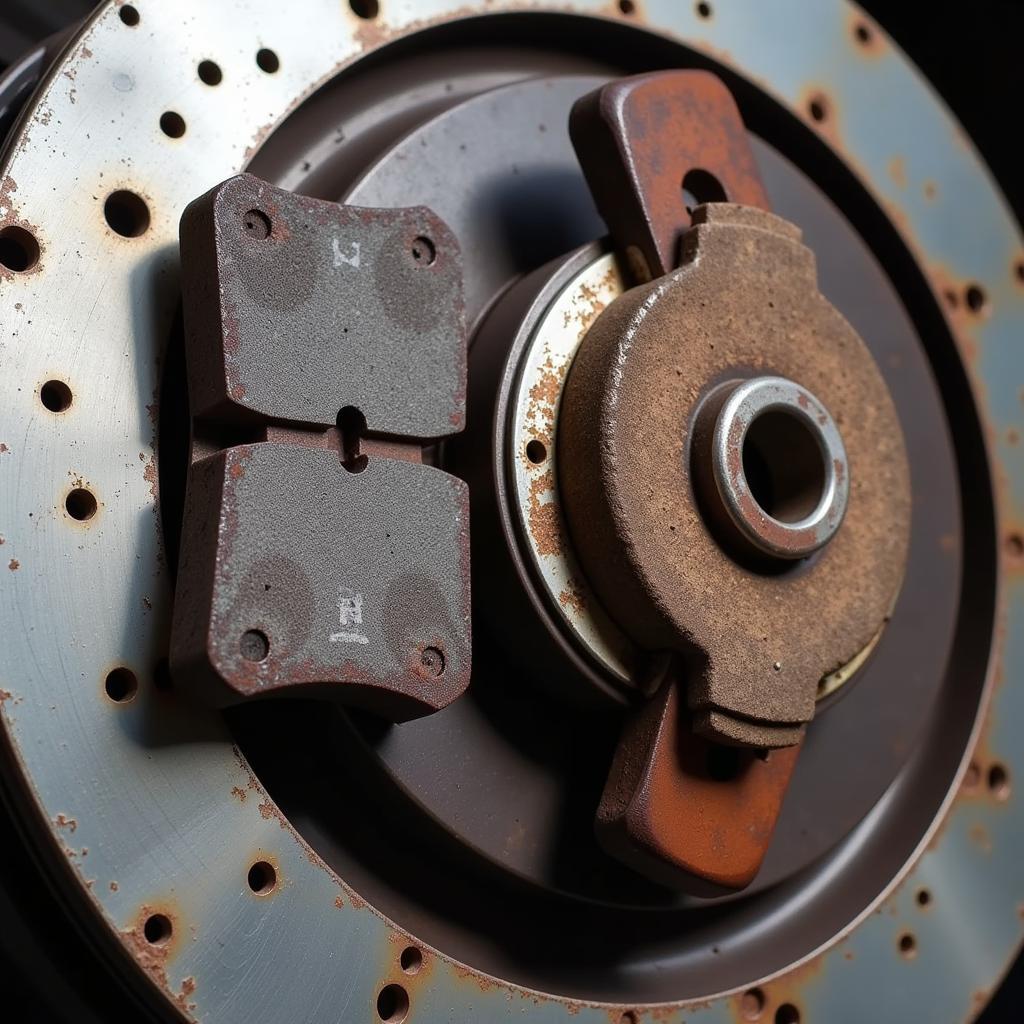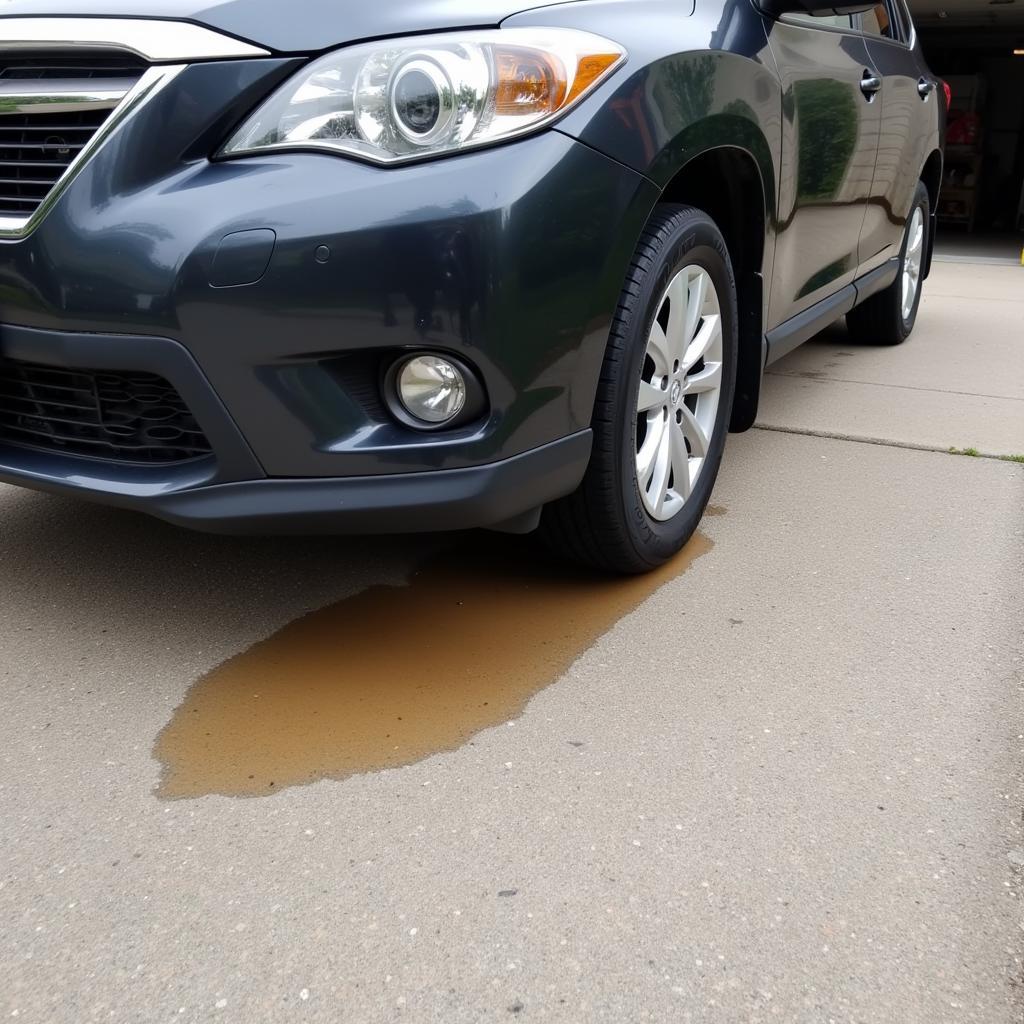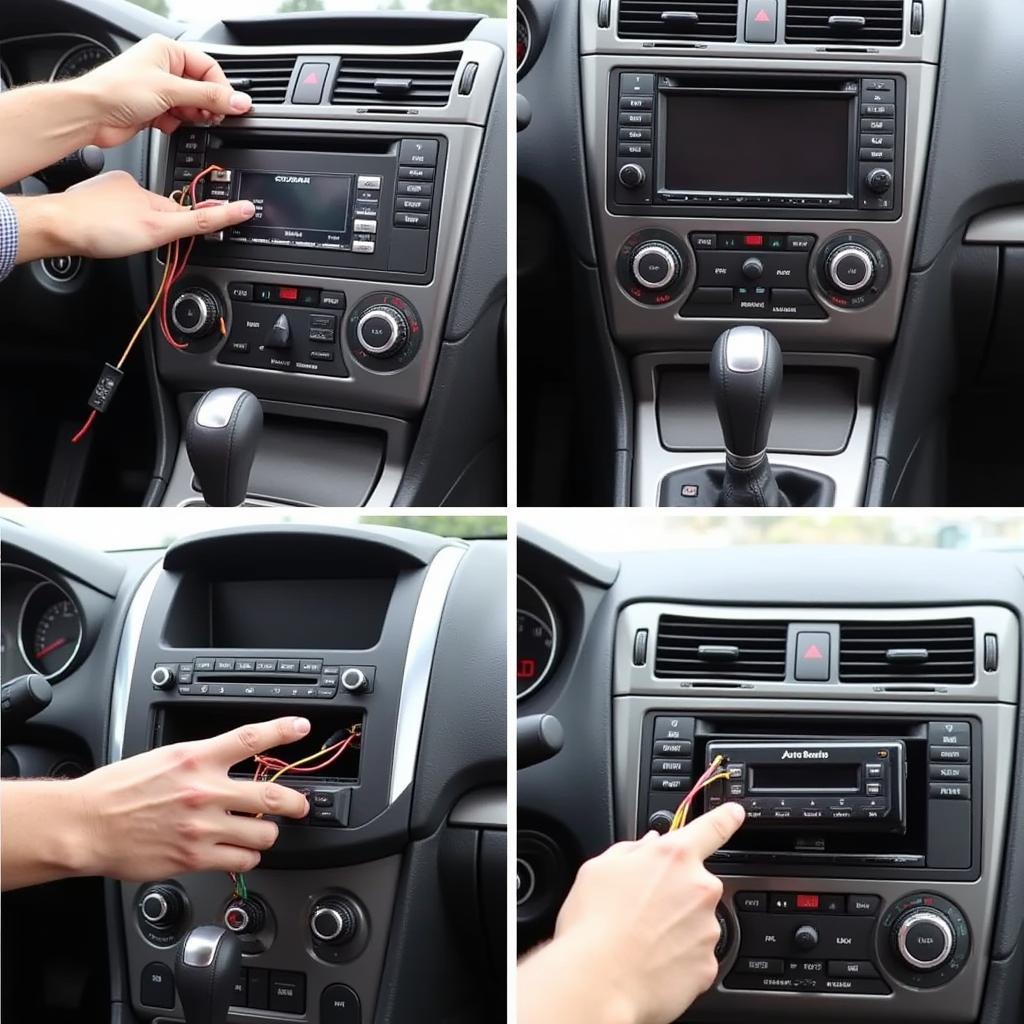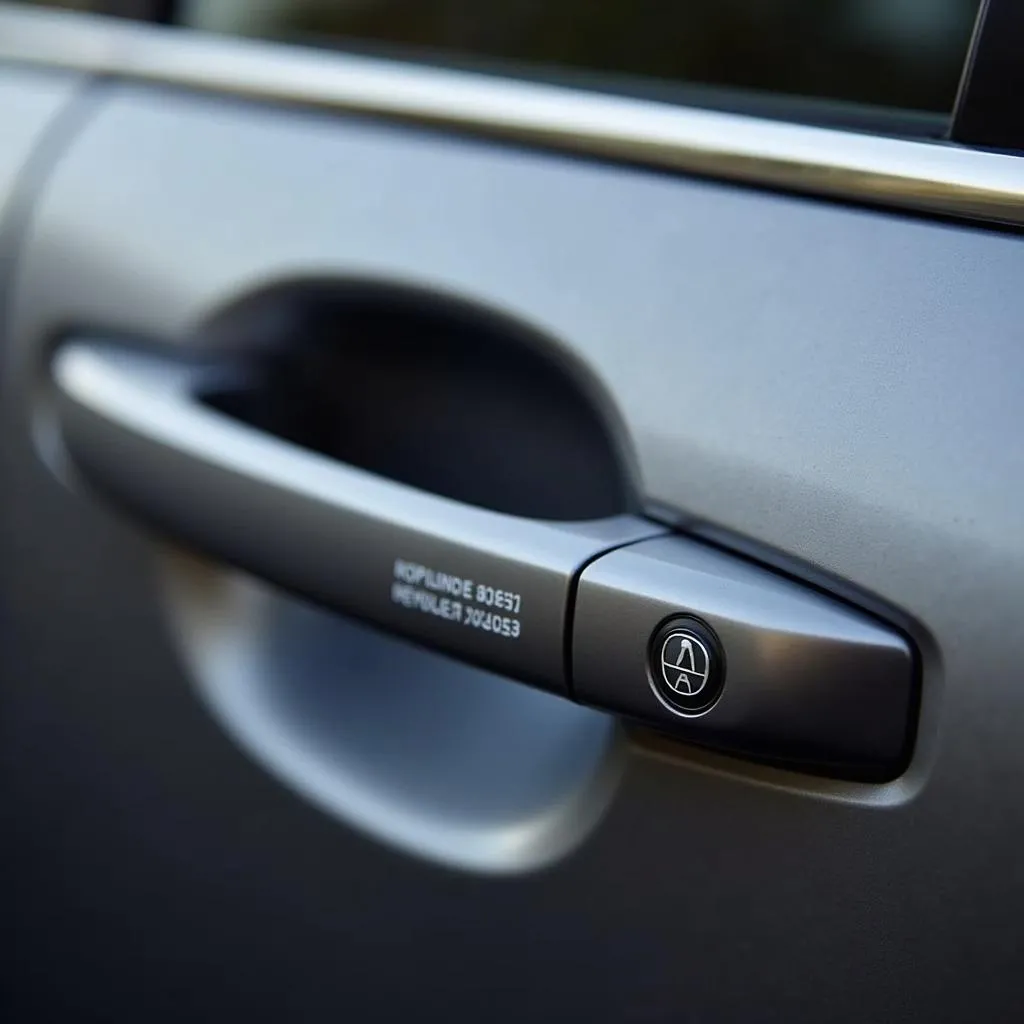Brake problems can be scary, but ignoring them can be downright dangerous. Knowing the warning signs of brake problems can help you stay safe and avoid costly repairs. This article covers the common red flags that tell you it’s time to visit a mechanic specializing in brake diagnostics and repair.
How to Recognize Brake Problems: Common Warning Signs
Your car often gives you subtle hints when something’s wrong with your braking system. Recognizing these signs early can prevent a minor issue from turning into a major safety hazard.
1. Unusual Noises When Braking
- Grinding Sounds: A harsh metallic grinding noise when you apply the brakes typically indicates worn brake pads. This requires immediate attention as driving with worn pads can damage the rotors and lead to expensive repairs.
- Squealing or Screeching: A high-pitched squealing or screeching sound could mean your brake pads are wearing thin and need replacement. Some brake pads are equipped with wear indicators designed to make noise when they wear down, alerting you to the issue.
- Clicking or Clunking: Clicking or clunking noises could indicate a problem with the brake caliper or other brake hardware. These sounds are more noticeable at slower speeds or when coming to a complete stop.
 Worn Brake Pads
Worn Brake Pads
2. Changes in Brake Pedal Feel
- Spongy or Soft Brake Pedal: If your brake pedal feels soft, spongy, or sinks to the floor, it could indicate air in the brake lines or a problem with the master cylinder. This issue requires immediate attention, as it can severely impact your ability to stop the vehicle safely.
- Hard Brake Pedal: A hard brake pedal that requires significant effort to press can be a sign of a problem with the brake booster, a vacuum leak, or a problem with the hydraulic system.
- Pulsating Brake Pedal: If you feel a pulsating or vibrating sensation in the brake pedal when you apply the brakes, it could indicate warped brake rotors. This can happen due to excessive heat and friction, often caused by hard braking.
3. Pulling to One Side When Braking
If your vehicle pulls to one side when you apply the brakes, it could indicate uneven brake pad wear, a stuck brake caliper, or a problem with the brake hydraulic system. This pulling sensation can make it difficult to maintain control of the vehicle, especially at higher speeds.
 Car Pulling to One Side When Braking
Car Pulling to One Side When Braking
4. Brake Warning Light Illuminates
Never ignore the brake warning light on your dashboard. This light can indicate several problems, including low brake fluid, a problem with the ABS (Anti-lock Braking System), or a fault in the electronic brake system.
“Ignoring your brake warning light is like ignoring a flashing ‘danger’ sign – it’s crucial to have your car inspected by a professional immediately,” says Jake Carter, a senior automotive engineer with over 15 years of experience in brake system diagnostics.
5. Burning Smell While Driving
A strong, acrid burning smell, especially after prolonged or heavy braking, could indicate overheated brakes or a seized brake caliper. Overheated brakes can lose their effectiveness, leading to decreased stopping power.
6. Fluid Leaks
Check for signs of brake fluid leaks under your vehicle. Brake fluid is typically clear or slightly yellowish and has a slightly oily texture. If you notice a leak, it’s essential to address it immediately.
 Brake Fluid Leak Under Car
Brake Fluid Leak Under Car
Why Addressing Brake Problems Promptly Is Crucial
“Your car’s braking system is arguably its most crucial safety feature,” emphasizes Carter. “Addressing brake problems immediately ensures your safety and the safety of others on the road.”
Here’s why timely brake repair is vital:
- Safety: A well-maintained brake system is paramount for safe driving. Timely repairs help prevent accidents caused by brake failure.
- Preventing Further Damage: Ignoring minor brake issues can lead to significant damage to other components, such as rotors, calipers, and even the hydraulic system. This can result in more extensive and expensive repairs down the line.
- Cost Savings: Addressing brake problems early can save you money in the long run.
- Peace of Mind: Driving with a well-maintained brake system provides peace of mind knowing you can rely on your brakes when you need them most.
Internal Link Integration
For more specific brake-related concerns, explore these resources:
- Warning brake failure message 2005 e320 Mercedes
- Brake warning light on Jeep Wrangler
- 2012 Ford Focus manual brake fluid warning
Conclusion
Being proactive about brake maintenance is crucial for safe driving. Recognizing the warning signs of brake problems and seeking prompt attention from a qualified mechanic can help prevent accidents, save you money, and give you peace of mind knowing you’re in control. Remember, when it comes to your brakes, it’s always better to err on the side of caution.


